Family ‘astonished’ by sentence handed down over ACT’s largest ever drug haul
Tamim Nozhat could walk free from prison in October after he was sentenced over his role in Canberra’s largest ever drug haul — an outcome which has “astonished” his family.
The family of a man who could walk free from prison in October after being convicted for his role in Canberra’s biggest ever drug haul said they are “astonished” over the sentence.
At ACT Supreme Court on Friday, Tamim Nozhat was sentenced to a non-parole period of 22 months over the importation of 356kg of MDMA from Germany which had been concealed in 144 buckets of chlorine.
The drugs had been addressed to a premises the 24-year-old had leased in Fyshwick for a fake swimming pool business before they were intercepted at a Sydney air cargo facility in May 2017.
Mr Nozhat was facing a lifetime in prison over the importation which was enough to make 1.2 million ecstasy tablets and had a street value of $139.5 million — described by ACT Police as the largest ever drug haul destined for the capital.
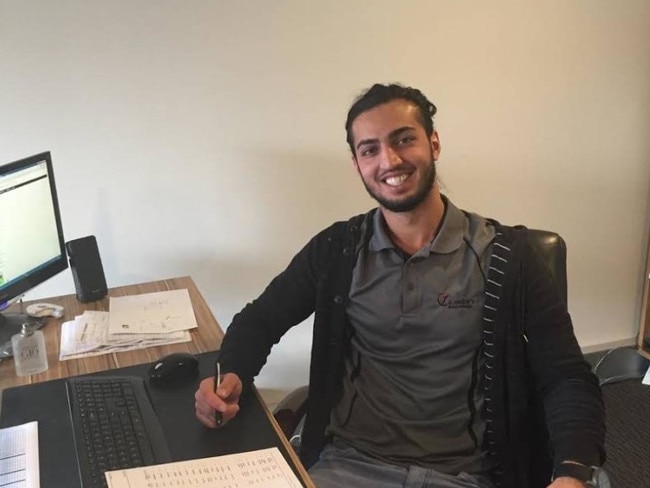
But the court heard the ringleader behind the importation was a family friend Masoud Omari, who has fled overseas.
Mr Omari had offered Mr Nozhat $2000 to set up the pool company with Mr Omari claiming he couldn’t do so himself for “tax purposes”.
In March, Mr Nozhat pleaded guilty to a single count of attempting to import a commercial quantity of border controlled drugs.
Justice David Mossop said the offence amounted to “recklessness rather than actual knowledge” of what was in the containers.
Justice Mossop said the Crown had only proved beyond reaonsable doubt that Mr Nozhat became reckless at the point which he received a call from the customs broker that the shipment was on “hold”.
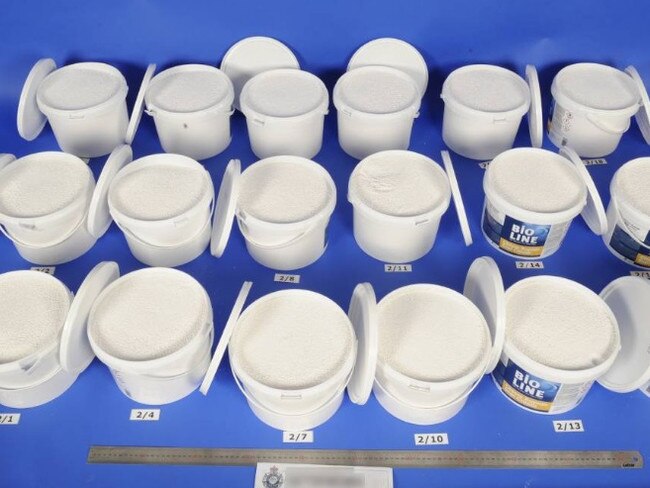
“While the offender’s plea of guilty recognises that he was reckless in relation to the existence of a commercial quantity of the drug (0.5kg), the circumstances were not such as to indicate that he was aware of a substantial risk of there being a quantity as large as that which was actually attempted to be imported,” Justice Mossop said.
Outside court, his brother Jamshid Nozhat spoke of the family’s enormous relief after Justice Mossop sentenced him to three years and seven months in prison with a non-parole period of 22 months.
He has already served 18 months so will be up for parole in October.
“We are really relieved and happy with the result we achieved today … we are astonished at this result,” Mr Nozhat said.
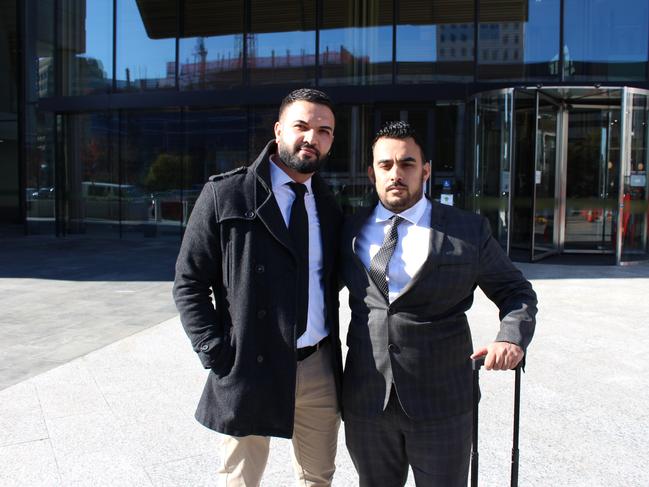
His lawyer Javid Faiz said the “amazing” outcome was a result of the hard work of his team at Sydney Criminal Law Specialists.
“This is just astonishing, it’s a result that has never been seen,” Mr Faiz said.
“My client is very relieved, he’s amazed, though his level of involvement was, as you probably heard from the judge, not a managerial level, it’s just the fact that he was reckless and I believe people do have the right to a second chance in life.
“He has made a mistake, he has put his hand up and has pleaded guilty to that offence and he does regret it.”
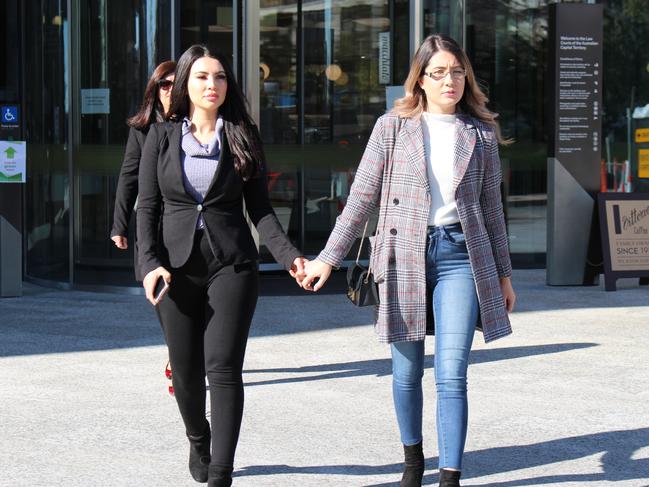
Mr Faiz described Mr Nozhat’s ownership of a pool supplies company as a “business gone wrong”.
“(An offence) like this carries a life sentence in prison but for his level of involvement and the work we’ve put into this matter, I think it’s a great result.
“I don’t think he’s got off lightly.”
The court heard a psychological assessment found Mr Nozhat “is of average intelligence, although he is somewhat below average in his reasoning skills”.
“It identifies his trusting nature and that Mr Omari’s position may have clouded his ability to make judgments about Mr Omari’s behaviours,” Justice Mossop said.
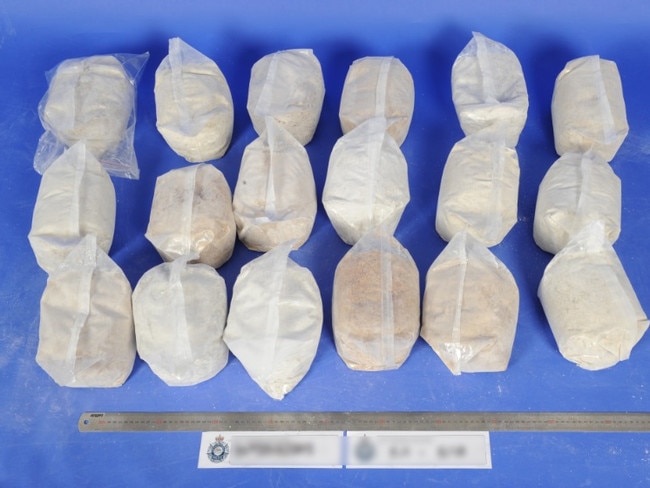
Justice Mossop said the case involved “the unusual combination of a very large quantity attempted to be imported yet an offender whose conduct involved only recklessness as to the commercial quantity of drugs and who had only very minor involvement in the offending from the point where he became reckless.”
“Having regard to the personal circumstances of the offender, most particularly his age, good prospects of rehabilitation and low likelihood of reoffending, it is appropriate that the non-parole period be a relatively short one.”


